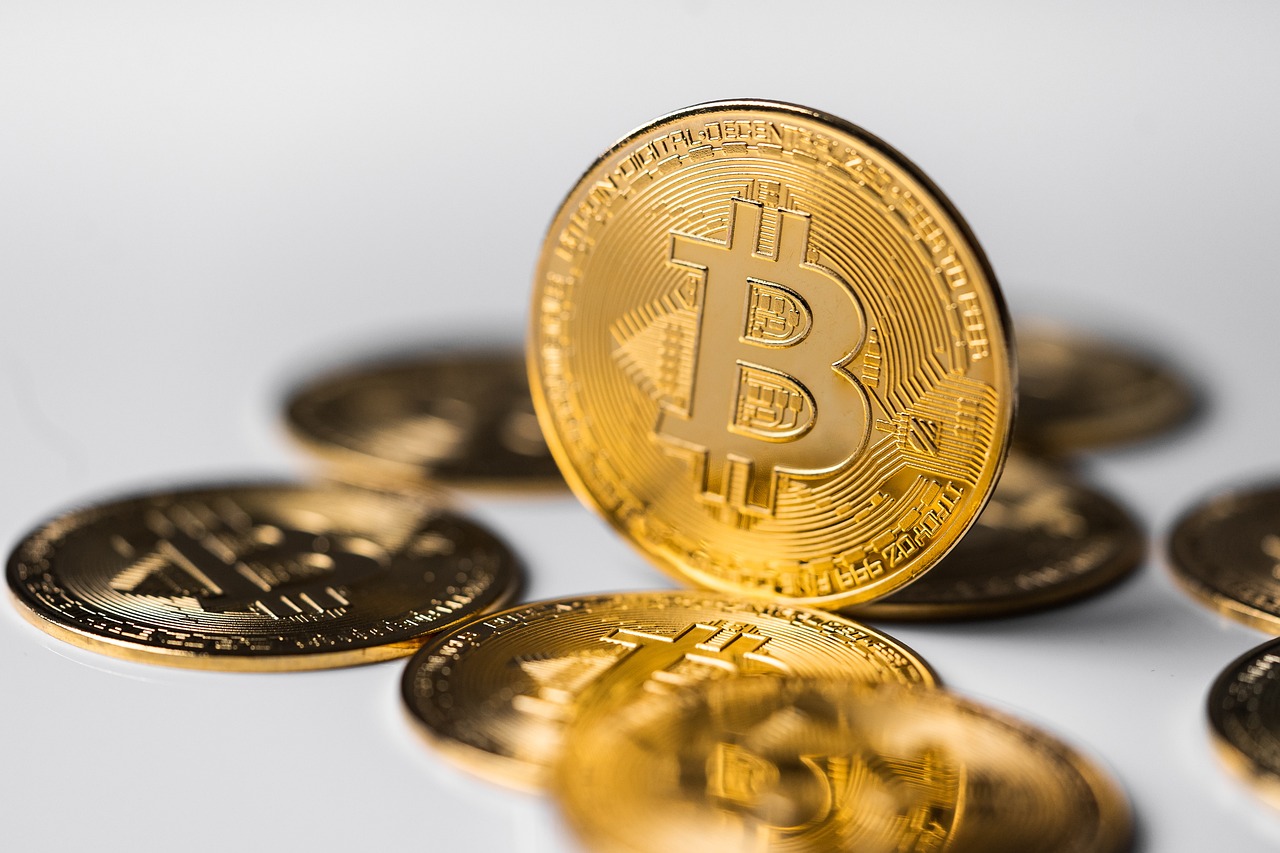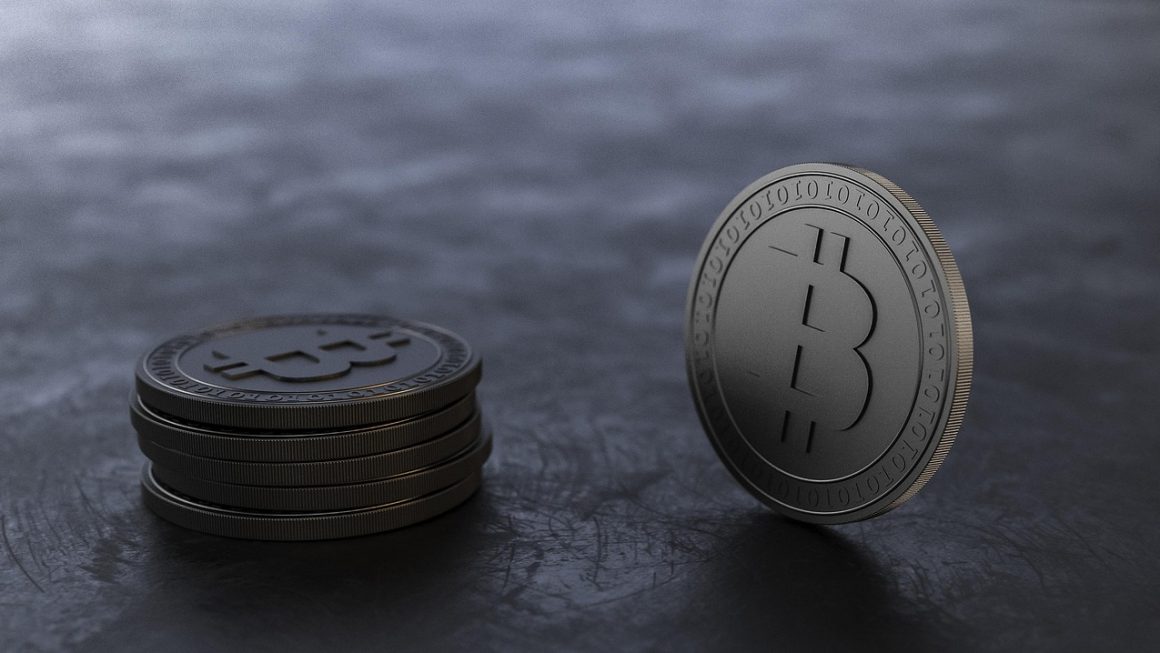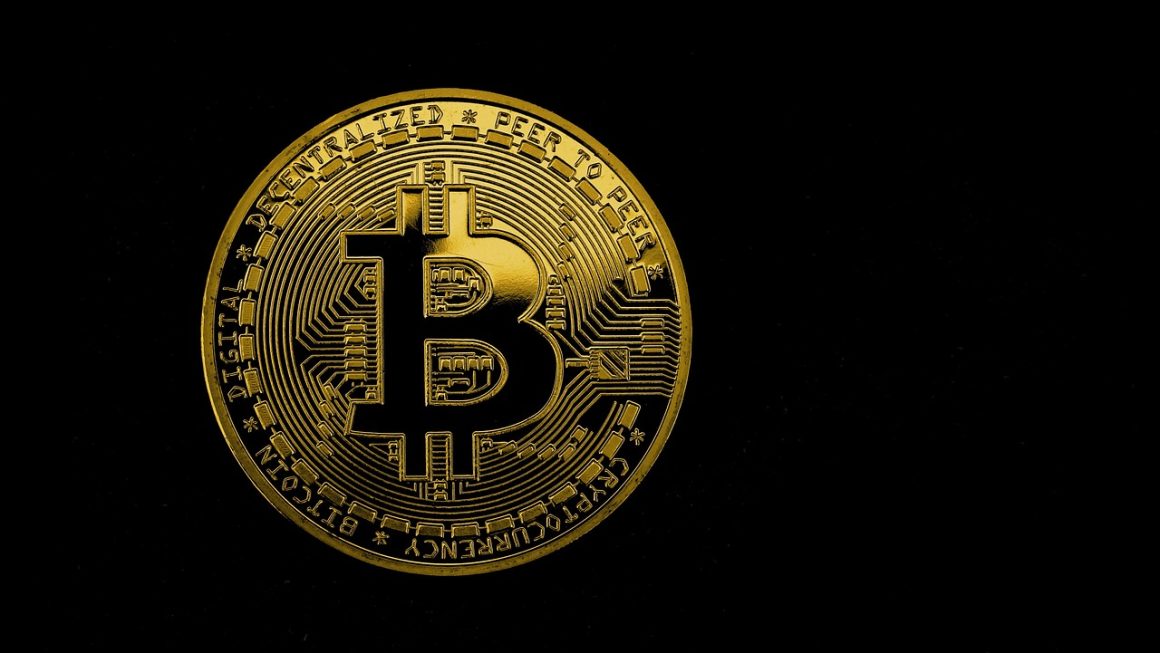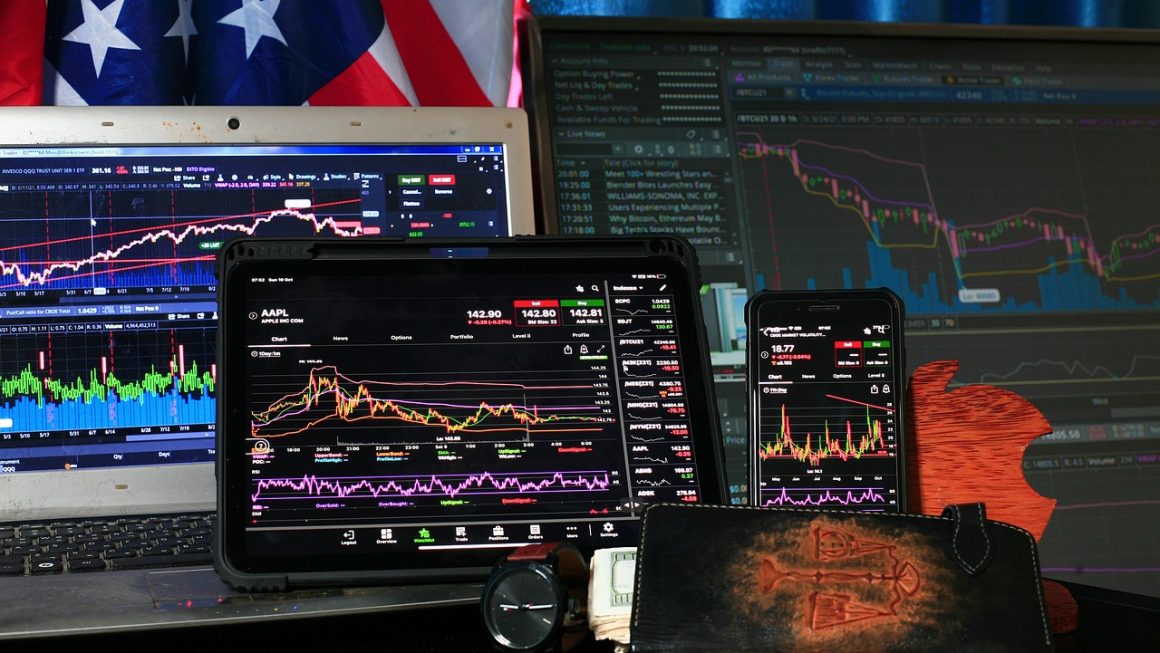Decentralized Autonomous Organizations (DAOs): A Comprehensive Overview
DAOs, or Decentralized Autonomous Organizations, represent a transformative concept within the blockchain ecosystem. They are decentralized, self-governing entities that leverage blockchain technology to automate processes and promote transparency. In this article, we delve into the intricacies of DAOs, exploring their key features, benefits, types, and practical applications.
Key Features of DAOs
- Decentralized Governance: DAOs operate without central authority, with all decision-making power residing in the collective hands of their members.
- Transparency: Transactions and decisions within DAOs are recorded on a public blockchain, providing immutable and verifiable records.
- Automation: Smart contracts enable DAOs to execute predefined rules and processes autonomously, reducing reliance on human intervention.
- Membership: Individuals or organizations can join DAOs by acquiring a governance token, which grants voting rights and participation privileges.
Types of DAOs
- Investment DAOs: Collective investment entities that pool funds and invest in cryptocurrencies, stocks, or real estate.
- Social DAOs: Communities focused on shared interests, such as art, music, or social impact.
- Grant DAOs: Organizations that provide funding to projects and initiatives aligned with their mission.
- Protocol DAOs: Entities responsible for managing the governance and development of specific blockchain protocols.
Benefits of DAOs
- Improved Transparency: Blockchain technology ensures that all transactions and decisions are recorded immutably, fostering trust and accountability.
- Lower Transaction Costs: Automation and the elimination of intermediaries can significantly reduce operational costs.
- Empowerment of Members: Members actively participate in decision-making and have a direct say in the organization’s direction.
- Increased Collaboration: DAOs facilitate collaboration and knowledge sharing among members with diverse skills and perspectives.
Practical Examples
- Uniswap: A decentralized exchange governed by a DAO where users have voting rights on protocol updates and the allocation of treasury funds.
- MakerDAO: A stablecoin issuer whose DAO manages the issuance and stability of the DAI stablecoin.
- Dash DAO: A community-governed treasury that funds projects and initiatives supporting the Dash cryptocurrency.
Challenges of DAOs
- Technical Complexity: Implementing and managing DAOs can be complex and requires technical expertise.
- Slow Decision-Making: Decision-making in DAOs can be time-consuming due to the need for consensus among members.
- Potential for Centralization: The governance structure of DAOs can inadvertently lead to the concentration of power among a few individuals.
Mitigation Strategies
- Education and Training: Providing members with adequate training and support on DAO operations can improve decision-making efficiency.
- Delegated Governance: Mechanisms such as sub-DAOs or representation structures can help streamline decision-making while preserving member participation.
- Regular Audits: Regular independent audits can identify and mitigate potential centralization risks.
Conclusion
DAOs offer a unique and innovative model for organizing and governing entities. While they present distinct advantages in terms of decentralization, transparency, and member empowerment, it is crucial to address their challenges effectively. By embracing best practices and fostering a culture of transparency and collaboration, DAOs have the potential to revolutionize a wide range of industries and empower individuals to participate in decision-making at unprecedented levels.




